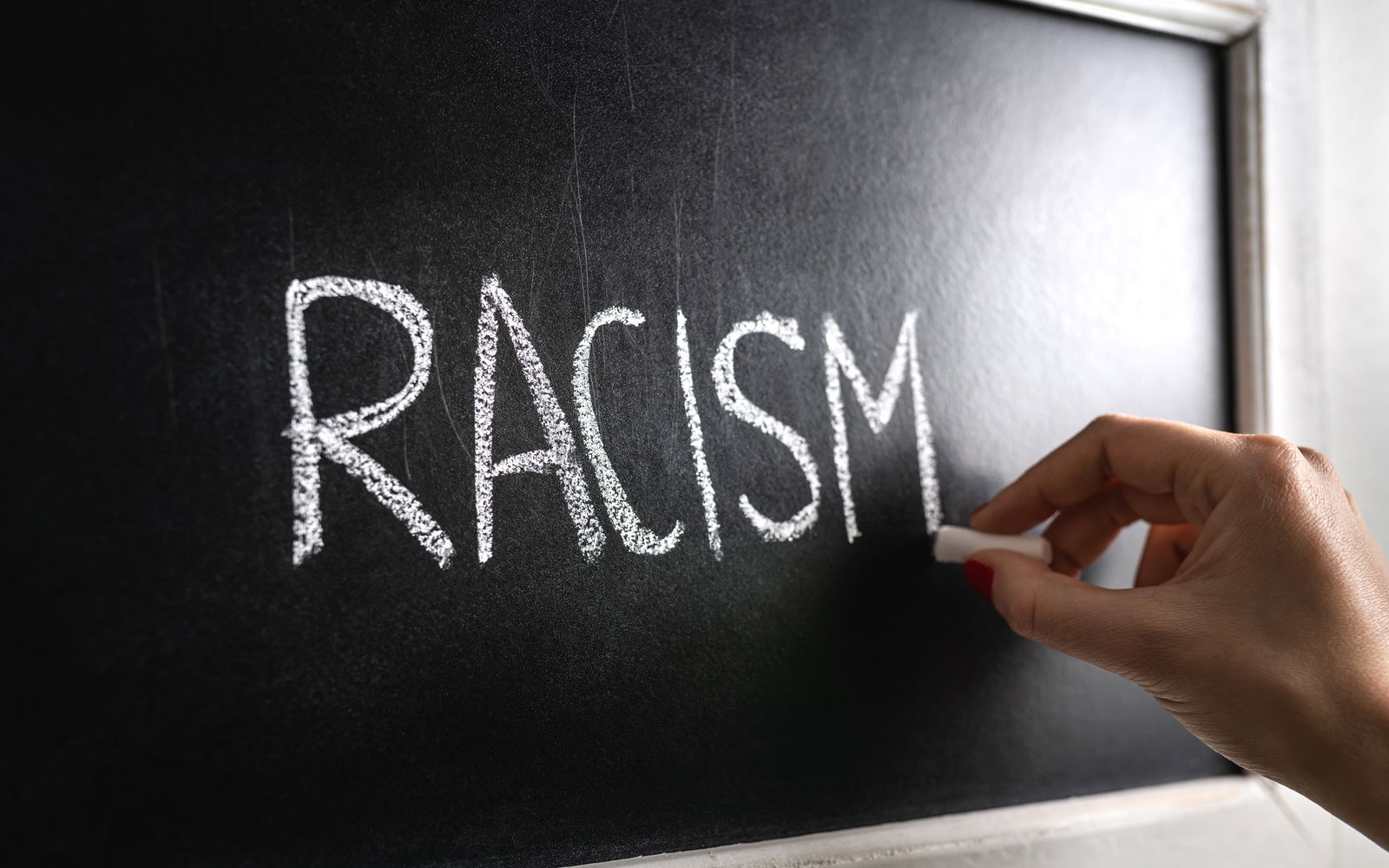
August 23, 2025
Non-Latinx Black adults constitute the highest population to share this view.
According to a new Gallup poll, a majority of Americans—and a supermajority of Black Americans—believe that anti-Black racism is widespread in the United States. The 64% of Americans who believe this particular brand of racism is widespread is tied with its polls from 2021 and is the highest figure recorded in its periodic polls since 2008.
As might be expected, non-Latinx Black adults constitute the highest population to share this view, 83% of those respondents said that anti-Black racism is prevalent in the United States, followed by Latinx (64%) and non-Latinx white adults (61%). Notably, in 2008, when Gallup first posed this question, amid the candidacy and election of Barack Obama, only 56% of Americans thought anti-Black racism was a problem and when he took office the next year, it went down to 51 percent.
However, by 2015, the next year of Gallup’s poll, following several high-profile cases of Black Americans killed by the police, that figure hit its inflection point, measuring 60 percent, the figure has not dipped below that mark since.
Despite the insistence of Donald Trump and his Republican Party in recent years that anti-white racism is prevalent, most Americans do not share that view; only 29% of respondents in the latest poll believe that it’s widespread, in contrast to the previous polling in 2016, when it came in at 41 percent.
Moreover, the perception of unfairness when Black people are dealing with the police, receiving healthcare, shopping at stores or shopping malls, at work, in restaurants or bars or entertainment venues, and when in neighborhood shops, among adults in the United States has been steadily increasing since 2018, and all are either at record or near-record figures, reflecting a higher proportion of all racial groups believing that Black people in their communities are treated unfairly.
As it relates to civil rights, although the polling indicates that while the majority of white Americans believe that civil rights for Black people have improved during their lifetimes, that figure is lower than it has been in the past.
However, as a longer view of the public opinion regarding civil rights by Cornell University’s Roper Center points out, over time, the gap between Black and white sentiment regarding civil rights has been steadily narrowing. This has been driven in large part by the Civil Rights Act of 1964, largely considered the most transformative piece of legislation for the lives of Americans, in particular, Black Americans, over the last half-century.
In a 2024 treatise on the legacy of the Civil Rights Act, honoring its 60th anniversary by American University, one of their professors, Omekongo Dibinga, expounded on what made that particular act such a profound act regarding who is considered an American.
According to Dibinga, it was a “landmark decision” which “really set the standard for any fight for equality in the United States.”
He continued, further contextualizing the legislation, “For Black people, it was the belief that, within this real time, within this real period, we can actually start having access to making America, as Dr. King said, as good as its promise for everybody. To actually put this down on paper, the immediate effect for Black people was: it was very powerful, and it meant so much to the community.”
He concluded, “All of the amendments that Black people have fought for in this country, they never only benefited Black people. Any type of discrimination suit that has been used against Black people that was challenged with the Civil Rights Act has been used by other groups. Every time we fought for rights in this country, we’ve made rights more expansive for other people. I think that’s one of the greatest legacies of the Civil Rights Act because when you look at it, you’re saying that this country belongs to everybody. And if it’s going to belong to everybody, everybody should have equal protection.”
RELATED CONTENT: Blame DEI: Poll Reveals Less Americans Believe In Racial Discrimination Against Black People


